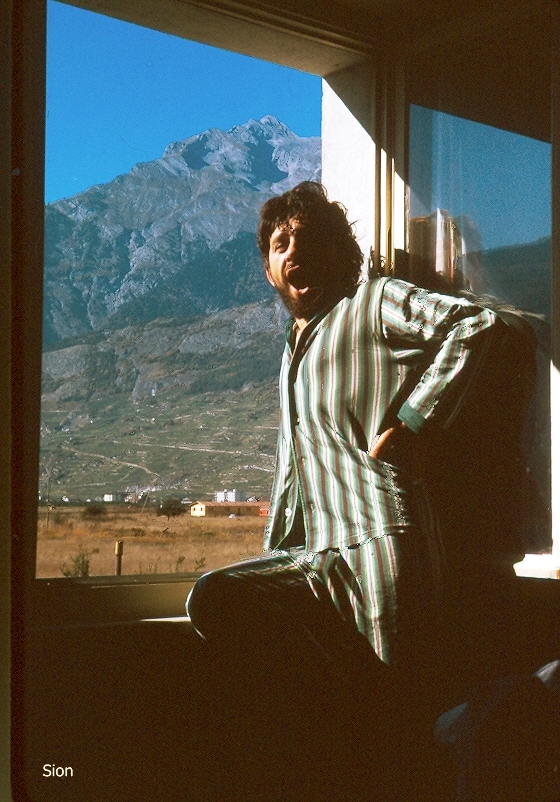I ran out of the shelter and came back for my little sister, who was playing in the sand

Download image
Miloslav Kudrnáč was born on 15 April 1934 in Dvůr Králové nad Labem. After the occupation of the Czechoslovak borderlands by Germany in the autumn of 1938, the family moved to the village of Libiš and then to Mlékojedy near Neratovice, where they lived through the entire war, including the bombing in March 1945. After the end of the Second World War they found a new home in Hrádek nad Nisou, where the father got a job as a national administrator of a printing house. In September 1946, Miloslav Kudrnáč entered the gymnasium in Liberec and started to attend Junák. After the Communist Party took power in February 1948, his father lost his job and the family moved to Liberec. In 1949, he started studying at the local trade academy, but after two years he left due to family disagreements and found a job as an electrical worker at the Land Construction Works in Liberec. Later he finished his secondary school of electrical engineering and continued his work as an electrician. In addition, he became musically active in the Revue Klub band, from 1962 he performed in the orchestra of Zdeněk Klíma and in 1964 he joined the orchestra of Ladislav Bareš. In August 1968 he witnessed the invasion of the Warsaw Pact troops in Bílý Potok and Liberec. During the period of normalisation, he was able to tour Eastern and Western Europe thanks to his involvement in the orchestra. He continued to play music until 1992, when he retired. At the time of filming (2024) he lived in Liberec.











